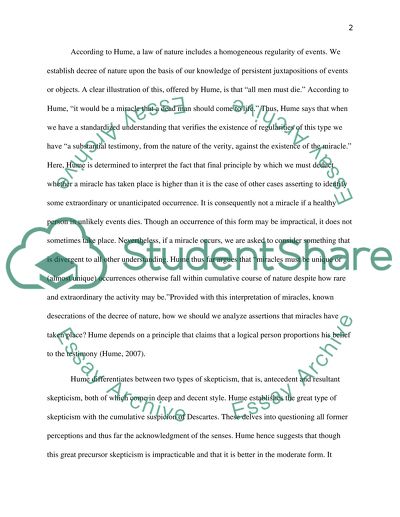Cite this document
(The Conventional Interpretation of the Problem of Induction Essay Example | Topics and Well Written Essays - 1750 words - 1, n.d.)
The Conventional Interpretation of the Problem of Induction Essay Example | Topics and Well Written Essays - 1750 words - 1. https://studentshare.org/philosophy/1618094-the-conventional-interpretation-of-the-problem-of-induction
The Conventional Interpretation of the Problem of Induction Essay Example | Topics and Well Written Essays - 1750 words - 1. https://studentshare.org/philosophy/1618094-the-conventional-interpretation-of-the-problem-of-induction
(The Conventional Interpretation of the Problem of Induction Essay Example | Topics and Well Written Essays - 1750 Words - 1)
The Conventional Interpretation of the Problem of Induction Essay Example | Topics and Well Written Essays - 1750 Words - 1. https://studentshare.org/philosophy/1618094-the-conventional-interpretation-of-the-problem-of-induction.
The Conventional Interpretation of the Problem of Induction Essay Example | Topics and Well Written Essays - 1750 Words - 1. https://studentshare.org/philosophy/1618094-the-conventional-interpretation-of-the-problem-of-induction.
“The Conventional Interpretation of the Problem of Induction Essay Example | Topics and Well Written Essays - 1750 Words - 1”. https://studentshare.org/philosophy/1618094-the-conventional-interpretation-of-the-problem-of-induction.


